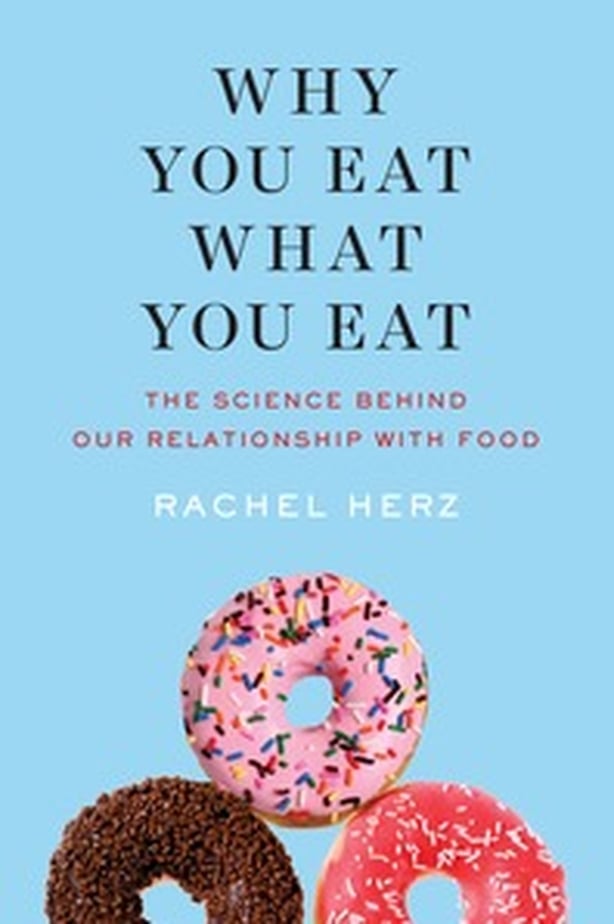Report: a conversation with neuroscientist and author Rachel Herz about the science behind what we taste and the psychology behind what we eat
Rachel Herz is a neuroscientist who studies the psychology of eating. She’s written a book, Why You Eat What You Eat: The Science Behind Our Relationship with Food. She joined Ray D’Arcy to talk about the science behind what we taste and the psychology behind what we eat.
First things first: did you know there’s a difference between taste and flavour?
"Taste is strictly just the sensation of salt, sour, sweet and bitter…Everything else we experience from food, we actually get from our nose. Because when we’re chewing, the food and molecules in our mouth are actually going up to the nose through a passageway at the back of the mouth…So, the combination of the aroma plus that basic taste is what gives you the flavour of food."
We need your consent to load this rte-player contentWe use rte-player to manage extra content that can set cookies on your device and collect data about your activity. Please review their details and accept them to load the content.Manage Preferences
What about people who don’t have a sense of smell?
Rachel met Stan while conducting her research. He is anosmic, meaning he doesn’t have the ability to perceive smells. This loss of smell usually occurs following an accident and can severely affect the lives of sufferers. A reality, Rachel thinks, is not reflected in the compensation you may receive.
"In the US, The American Medical Association values losing your sense of smell as between two and five percent of your life’s worth. Whereas losing vision is 85 percent. So, in terms of some kind of compensation, it’s basically, you know, ‘Thank you very much. Here’s a nickel. Go home."

Listen back to the whole fascinating discussion on super-tasters, comfort food and mood on The Ray D’Arcy Show here.

